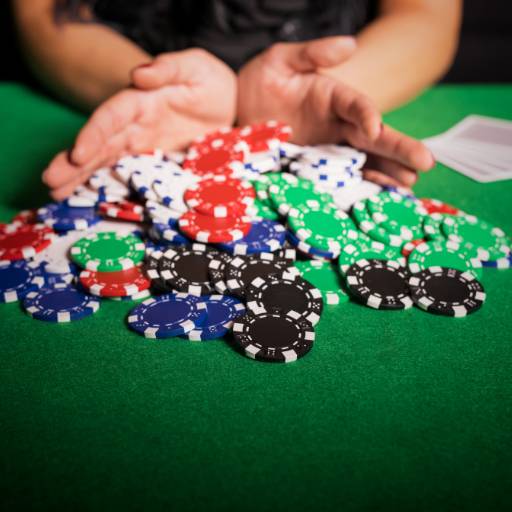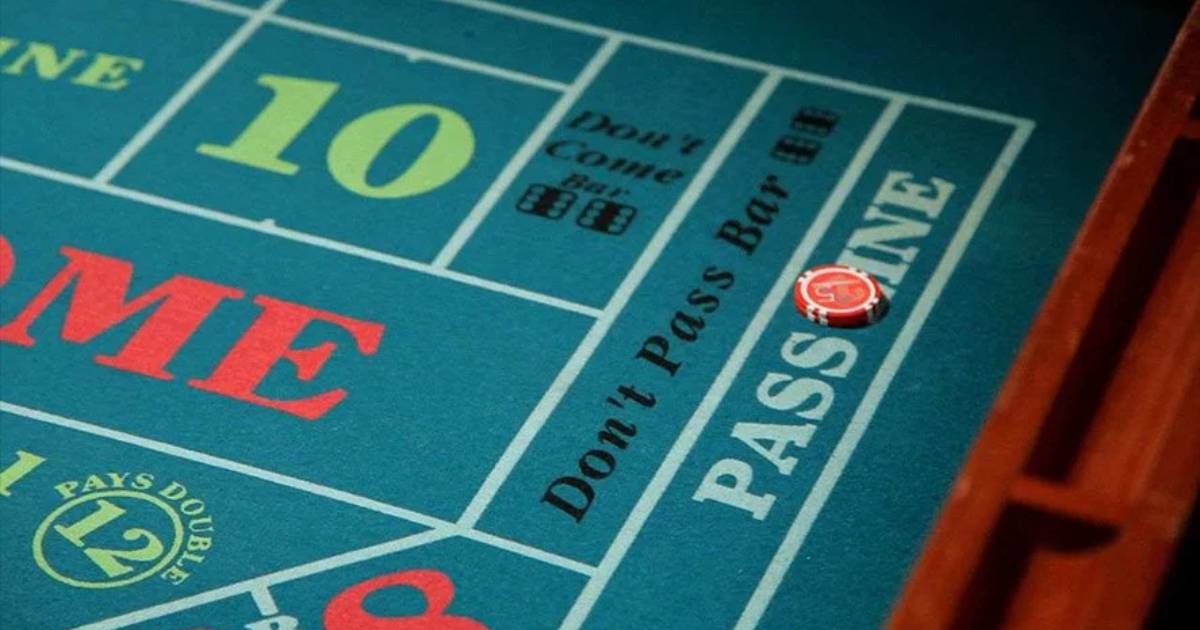In the realm of online poker, one strategy stands out as both an enigma and a hidden gem—the art of bluffing. While many poker players acknowledge its existence, few truly master the nuances of this strategy. In this comprehensive guide, Apex Gaming 88 will delve into the fascinating world of bluffing, uncover its psychology, explore various bluffing tactics, and provide you with the knowledge and tools to elevate your online poker game.
Introduction
Poker, at its core, is a game of strategy and skill. While it may appear to be about the cards you hold, it’s equally about the cards you don’t. Bluffing, often considered the heart and soul of poker, is the art of convincing your opponents that you have a stronger hand than you actually do. It’s a mind game within the game, a calculated risk that can yield substantial rewards.
In this guide, we will:
-
- Define the concept of bluffing in online poker.
-
- Dive into the psychological aspects that make bluffing a potent strategy.
-
- Explore the different types of bluffs and when to use them.
-
- Discuss effective bluffing strategies, timing, and common pitfalls.
-
- Address the ethical considerations of bluffing in online poker.
-
- Provide tips and resources to help you improve your bluffing skills.
Section 1: Bluffing in Poker – Beyond Deception
At its essence, bluffing in poker extends far beyond mere deception. While it involves convincing your opponents that you possess a superior hand, it’s also about skillful maneuvering and strategic decision-making. Bluffing is a tool that can help you gain an edge, even when the odds seem stacked against you.
The Psychology of Bluffing
Bluffing isn’t just about the cards; it’s about the players sitting across from you. Understanding the psychology of bluffing involves studying your opponents’ behavior, tendencies, and emotional responses. The ability to read your opponents is a crucial aspect of successful bluffing.
Tip: Pay close attention to your opponents’ betting patterns, timing, and physical or online cues that might reveal their true intentions.
Types of Bluffs
In online poker, you’ll encounter various types of bluffs, each with its own strategic implications:
Pure Bluff
A pure bluff is when you have no chance of improving your hand but decide to bet or raise anyway. It’s a high-risk, high-reward strategy that relies on convincing your opponents to fold.
Semi-Bluff
A semi-bluff occurs when you have a drawing hand that could become strong if certain community cards are revealed. It combines the potential for both immediate and future success.
Stone-Cold Bluff
This is the boldest form of bluffing. It involves making a substantial bet or raise when you have no hand at all. Stone-cold bluffs require nerves of steel and a deep understanding of your opponents.
Bluffing Strategies
Successful bluffing involves more than random attempts to deceive your opponents. It requires well-thought-out strategies:
Frequency
Consider how often you bluff. If you bluff too frequently, your opponents may catch on and call your bluffs more often. Finding the right balance is key.
Position
Your seating position at the poker table matters. Bluffing from a late position, where you act after most other players, can be more effective since you have more information about their actions.
Opponent Reading
Learn to read your opponents. Look for signs of weakness or strength in their behavior, and use this information to inform your bluffing decisions.
The Art of Timing
Timing is crucial in the art of bluffing. Well-timed bluffs can turn the tide of a game in your favor, while mistimed bluffs can be costly. Consider the following:
-
- Bluffing when the community cards present possibilities for strong hands can be more effective.
-
- Be aware of your opponents’ tendencies and moods; this can help you choose the right moment to bluff.
Common Bluffing Mistakes
Even seasoned players make bluffing mistakes. Being aware of these common errors can help you avoid them:
-
- Over-Bluffing: Bluffing too frequently makes your bluffs less credible.
-
- Underestimating Opponents: Assuming your opponents won’t call your bluff can lead to disastrous consequences.
-
- Ignoring Table Dynamics: Failing to adapt to the changing dynamics of the game can lead to poorly timed bluffs.
Bluffing Ethics
Ethical considerations are important in online poker. While bluffing is an accepted strategy, crossing the line into unethical behavior is not. Here are some ethical guidelines:
-
- Don’t use intimidation or harassment tactics to force opponents to fold.
-
- Always play in the spirit of fair competition and sportsmanship.
Learning and Improving Bluffing Skills
Bluffing is a skill that can be learned and honed over time. Here are some ways to improve your bluffing abilities:
-
- Practice in low-stakes games to gain experience without risking large sums of money.
-
- Study poker literature and resources to enhance your understanding of bluffing strategies.
-
- Review your own gameplay and learn from your successes and failures.
FAQ: Frequently Asked Questions
Is bluffing the same in online poker as in traditional poker games?
-
- The principles of bluffing remain the same in both online and traditional poker. However, online poker may require additional attention to opponents’ online behaviors and betting patterns.
How can I avoid giving away tells when bluffing in online poker?
-
- Maintain a consistent betting pattern, whether you’re bluffing or holding a strong hand. Avoid excessive delay in making decisions, as it can signal uncertainty.
What do I do if my bluffs are frequently called?
-
- If your bluffs are being called too often, adjust your strategy by bluffing less frequently and selecting more favorable situations for bluffs.
Can I use bluffing in poker tournaments, or is it primarily for cash games?
-
- Bluffing is a valuable strategy in both poker tournaments and cash games. However, tournament dynamics may require different bluffing approaches, as blinds and antes increase.
Conclusion
Bluffing is the spice that adds flavor to the game of poker. It’s the hidden gem that can turn the tables and make you a formidable opponent. As you continue your journey in online poker, remember that mastering the art of bluffing takes time and practice. Embrace it as an essential aspect of your poker repertoire, and watch as your skills and successes grow.
Explore our collection of Blogs for a variety of Card Games-related content.
- THE RIVER CODE: DECIPHERING THE FINAL CARD
- UNLOCKING THE NIUNIU TREASURE: HOW TO CALCULATE PAYOUTS
- SECRETS OF BACCARAT MASTERS: THE ART OF WINNING ACROSS ALL VARIATIONS
- JOIN THE CRAZY TIME CASINO ELITE: MASTERING THE GAME’S BEST-KEPT SECRETS
- WHY LUCKY 9 IS THE MUST-TRY CARD GAME OF THE YEAR
- THE ART OF BLUFFING: HIDDEN GEM’S OF ONLINE POKER
- WILD CARD WISDOM: HOW TO AVOID TONGITS MISTAKES AND DOMINATE THE GAME


